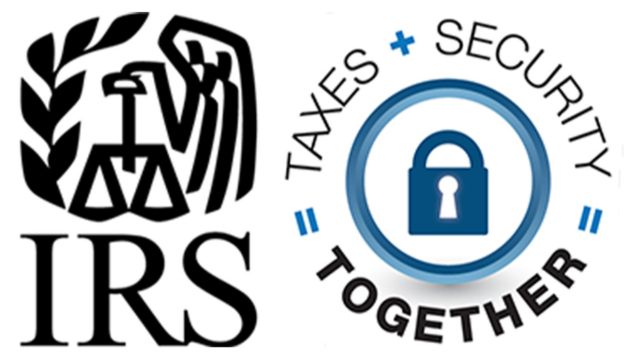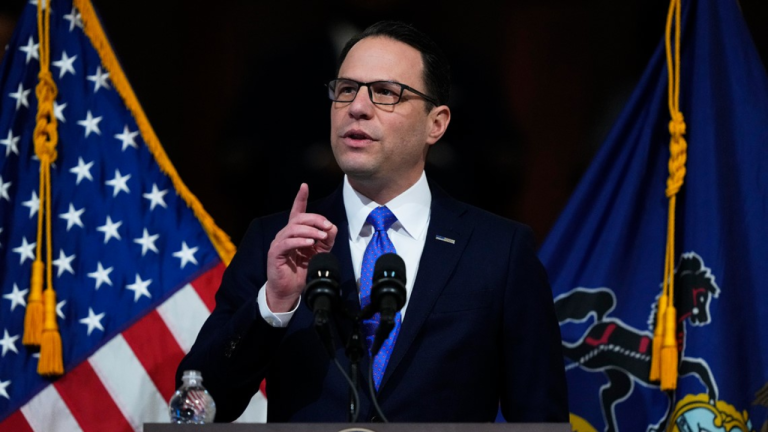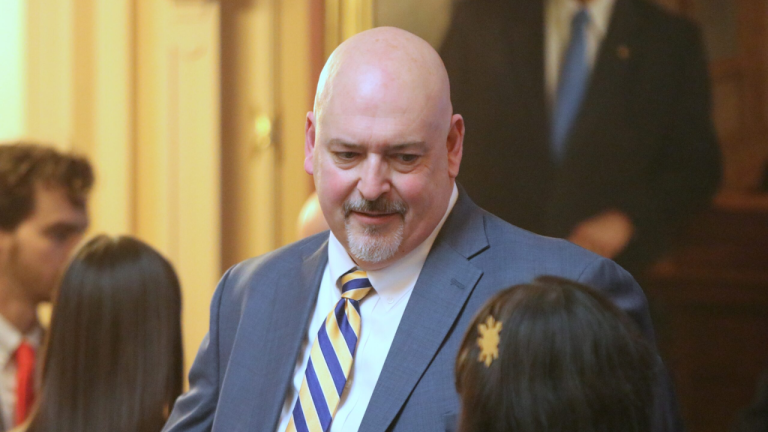The Internal Revenue Service (IRS) has issued a warning to high-income taxpayers regarding a significant rise in charitable contribution scams. These schemes are targeting wealthy filers and could lead to serious financial and legal consequences if precautions are not taken.
Fraudulent Tax Schemes on the Rise
The IRS has identified a growing trend in fraudulent promotions involving “donations of ownership interest in closely held businesses.” These schemes, often referred to as “Charitable LLCs,” are being marketed as legitimate tax-saving strategies. However, the IRS has labeled these transactions as abusive and strongly advises taxpayers to avoid them.
High-income filers are particularly at risk, as scammers target individuals who may be looking for ways to reduce their tax liability. The IRS emphasizes that taxpayers are always responsible for the accuracy of the information they report on their tax returns, making it crucial to avoid falling for these deceptive practices.
Serious Consequences for Noncompliance
Participating in these abusive schemes can result in severe penalties, including:
- Assessment of unpaid taxes: The IRS will determine the correct amount owed.
- Interest: Late payments may accrue additional charges.
- Penalties and fines: Significant monetary repercussions for involvement in fraudulent activities.
- Imprisonment: In extreme cases, criminal charges could lead to jail time.
The IRS is also reminding charities to exercise caution. Promoters of these scams may try to involve nonprofit organizations in transactions that falsely inflate deductions. Such participation can also lead to investigations and penalties for the charities themselves.
What Taxpayers Should Do
To avoid falling victim to these scams, the IRS advises high-income filers to follow these guidelines:
- Verify the legitimacy of charitable contributions: Ensure that the charity is a registered, reputable organization.
- Avoid “Charitable LLCs”: Be wary of schemes involving closely held business interests, especially those promoted as a tax loophole.
- Consult a trusted tax professional: Seek advice from a qualified accountant or tax attorney to ensure compliance with IRS rules.
- Double-check your deductions: Legitimate donations of closely held business interests can be deducted, but they must comply with IRS regulations.
Stay Informed and Safe
Scammers often make their schemes appear legitimate, but the IRS is actively investigating abusive transactions. Taxpayers who suspect they have been targeted or have participated in a questionable scheme are encouraged to report it to the IRS immediately.
High-income filers should remain vigilant and informed to avoid unnecessary risks. For more information, visit the IRS website or consult a trusted tax professional.
By staying cautious and following IRS guidelines, taxpayers can protect themselves from falling prey to these fraudulent schemes and the severe consequences that accompany them.


























+ There are no comments
Add yours